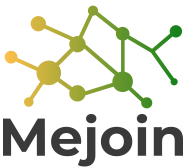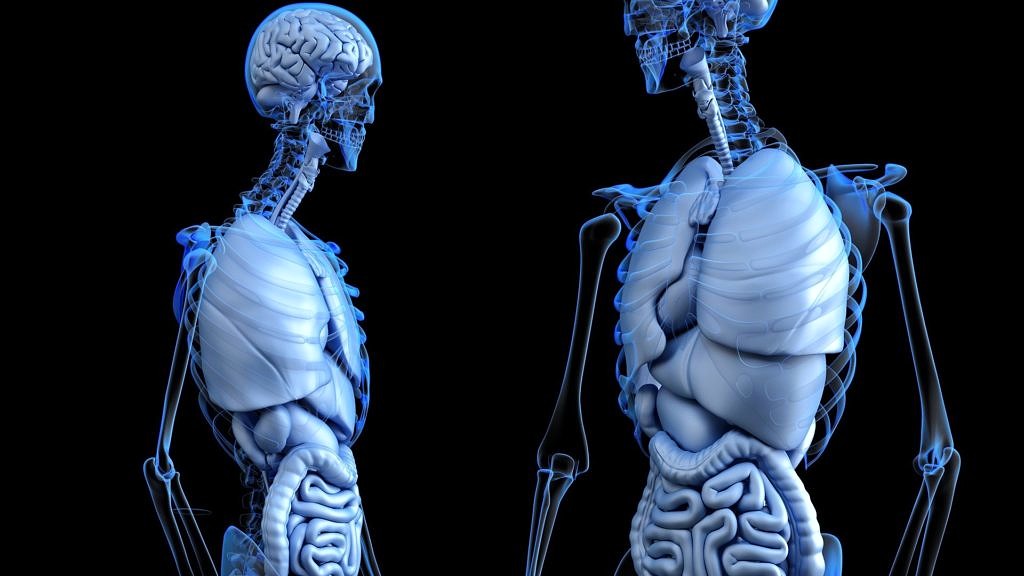More topical than ever is our health care system and prevention from serious diseases. It is becoming increasingly apparent in the current pandemic, where too little progress has been made in recent years. Our nursing staff is overworked; intensive care beds are becoming increasingly scarce, and successful therapies are usually not as successful as they seem. Nevertheless, we can’t really complain about the progress in the health care system. The average age of people is rising continuously, and some diseases, such as recently some aggressive polio variants. But as the saying goes, there’s always room for improvement. That’s why today, we’d like to present the proposals of EIT Health Europe, which have compiled the use and possibilities of AI in healthcare. The main points of reference are chronic health management, self-care and prevention, triage, diagnostics, clinical decision support, and care delivery.
It is widely used by research companies or on the roadmap of these very companies, but the development and deployment are often not yet achieved. Accordingly, nearly 45% of European corporate healthcare professionals surveyed said they had never deployed an AI solution. One of the reasons for this emerges when interviewing investors in this environment. 50% said they had never paid more than one million euros for an AI application. For AI in the critical health environment, this is too little. Too much research and too much development are needed to provide a stable AI application for such comparably small sums to be sufficient. To provide potential investors not only with a call for a courageous foray into this research field but also with sensible application possibilities, we present various use cases for the six core areas of healthcare mentioned above: In chronic care management, the use of virtual nurses, automated monitoring, and personalized medication administration is inspiring and important. This can provide meaningful and sustainable relief for nursing and hospital staff. In prevention, for example, personal ECG and activity trackers are good for preventing many diseases of affluence. In triage and diagnostics, all diagnostic options can be seen as AI areas of application, such as blood tests, eye checks, or diabetes examinations. Across areas, there are just as many starting points. Virtual assistants or robots can do work and deal with illnesses easier for both patients and staff. Optimization of processes and prediction of the likelihood of complications are also essential for saving human lives.
Overall, however, the study also shows that the healthcare sector, with or without AI, is a highly human-dependent sector. Therefore, clinical decision-making applications are seen as increasingly important in the coming years (around 20% today and over 40% in 5 years). Neglecting these results and further dumping the lack of opportunities on the backs of staff should therefore not be reasonable and possible. Our strong healthcare system will have to overcome many hurdles in the coming years, and it should be equipped to do so!


0 Kommentare zu “Healthcare Transformation with Artificial Intelligence”